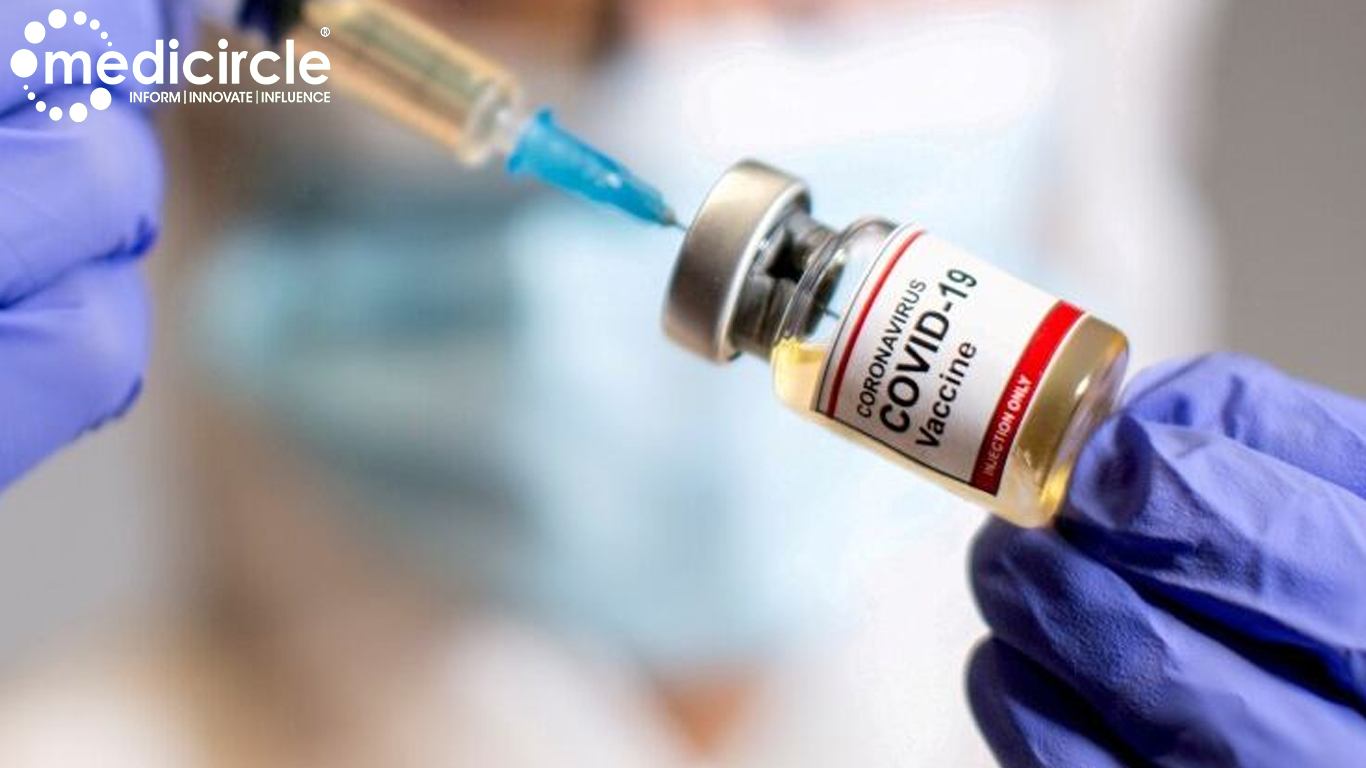The U.S. Food and Drug Administration (FDA) has updated its recommendation for the 2024-25 COVID-19 vaccines. Manufacturers are now advised to target the KP.2 variant instead of the previously recommended JN.1 lineage. This decision, announced on Thursday, reflects the evolving nature of the virus and aims to improve vaccine effectiveness for the upcoming fall season.
Background on the Decision
The FDA's change comes as Moderna and Novavax, two of the main COVID-19 vaccine manufacturers, had already submitted their applications to update their vaccines to target the JN.1 strain. Novavax had even begun manufacturing the JN.1 vaccine, stating it could not pivot to another strain in time for the fall season. The company applied for authorization and claimed its JN.1 shot provided broad cross-neutralizing antibodies against multiple variants, including KP.2 and KP.3.
However, with KP.2 now accounting for a significant proportion of new cases (about 22.5%), and KP.3 becoming the dominant strain at 25%, the FDA sees a pressing need to adapt to these changes. In comparison, JN.1 now only represents about 3.1% of cases according to recent data from the Centers for Disease Control and Prevention (CDC).
Industry Reactions
Novavax has not yet commented on the FDA's preference for a KP.2-targeting vaccine. However, the company's preparation for a JN.1 vaccine reflects the challenges faced by manufacturers in keeping up with the rapidly mutating virus. Unlike Novavax's protein-based vaccine, mRNA vaccines from Moderna and Pfizer (partnered with BioNTech) can be developed more quickly, potentially allowing these companies to meet the new FDA recommendations in time for the fall vaccination campaign.
Both Pfizer and Moderna have stated their readiness to update their vaccines. Pfizer mentioned ongoing discussions with regulators worldwide, including the FDA, to determine the best formulation for future COVID-19 vaccines. Moderna has confirmed it will have its updated shot ready for the fall, irrespective of the final strain decision.
The Significance of Strain Selection
Choosing the right strain for the vaccine is crucial. The JN.1 strain was dominant in the U.S. earlier this year, making it a logical target at the time. However, the virus's dynamics have shifted, with KP.2 and KP.3 now leading. Dr. Peter Marks of the FDA highlighted the importance of giving people a choice, particularly with the flexibility of mRNA vaccines, which can be updated more swiftly compared to traditional vaccine platforms.
The updated recommendation also deviates from the advice of the FDA's own panel of advisers, the European Medicines Agency (EMA), and the World Health Organization (WHO), all of whom had supported targeting the JN.1 strain. This divergence highlights the complex and fast-changing landscape of COVID-19 vaccine development.
Future Implications
The FDA's decision will likely influence global vaccine strategies. As other countries watch the U.S. approach, there may be shifts in their recommendations to align with the latest data and trends. The ability of mRNA vaccines to be updated quickly offers a significant advantage in responding to new variants, ensuring that the public receives the most effective protection possible.
The FDA's recommendation to update the 2024-25 COVID-19 vaccines to target the KP.2 variant highlights the ongoing need to adapt to the evolving virus. With KP.2 and KP.3 now accounting for nearly half of new cases, this change aims to enhance vaccine efficacy and protect public health. While manufacturers like Novavax face challenges in adjusting their production, the rapid adaptability of mRNA vaccines from Moderna and Pfizer provides hope that the updated vaccines will be ready for the fall season. As the world continues to navigate the pandemic, these developments underscore the importance of flexibility and innovation in the fight against COVID-19.

 The ability of mRNA vaccines to be updated quickly offers a significant advantage in responding to new variants, ensuring that the public receives the most effective protection possible.
The ability of mRNA vaccines to be updated quickly offers a significant advantage in responding to new variants, ensuring that the public receives the most effective protection possible.










.jpeg)




.jpeg)

.jpg)













